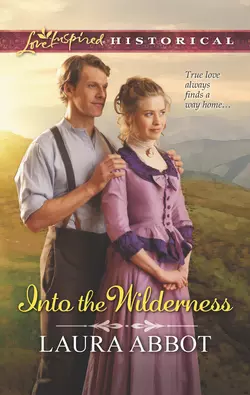Into the Wilderness

Laura Abbot
Тип: электронная книга
Жанр: Современная зарубежная литература
Язык: на английском языке
Стоимость: 465.10 ₽
Статус: В продаже
Издательство: HarperCollins
Дата публикации: 16.04.2024
Отзывы: Пока нет Добавить отзыв
О книге: He survived a battlefield massacre and, before that, his fiancée’s betrayal.Cavalry officer Caleb Montgomery is unable to trust in anything now, especially himself. But then he’s stationed in Fort Larned, Kansas, where Lily Kellogg, the lovely army surgeon’s daughter, begins to rekindle his faith—and his hope. Caleb is the kind of gallant, surprisingly sensitive man Lily never expected to find on the western frontier.Since childhood, she has longed for the stability and culture only the big city can offer, and her most cherished wish is suddenly within reach. Still, putting both their dreams to the test is the one way she and Caleb can find their road home…to each other.